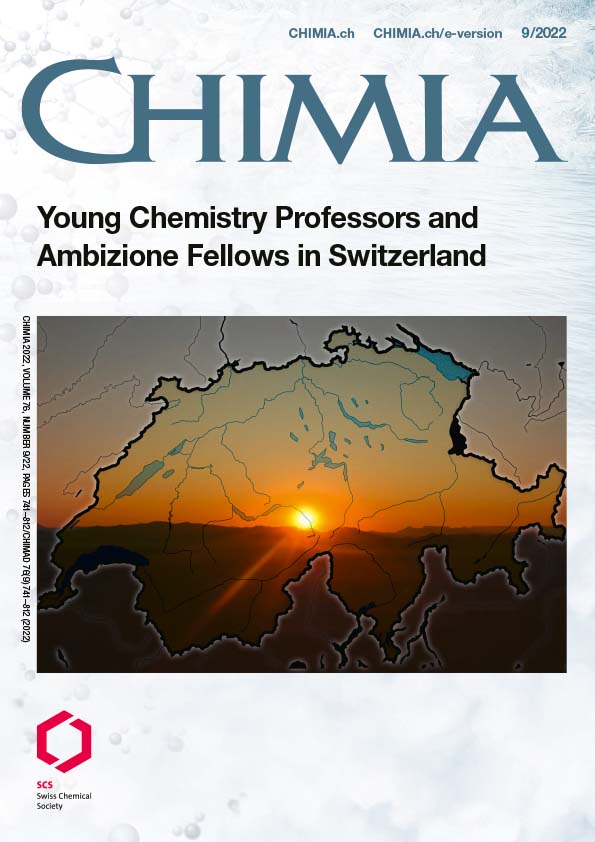Will Short Peptides Revolutionize Chelation Therapy?
DOI:
https://doi.org/10.2533/chimia.2022.744PMID:
38069701Keywords:
Chelation therapy, Medicinal inorganic chemistry, Peptides, Toxic metalsAbstract
It will soon be twenty years since the last chelating agent was clinically approved to be used against toxic metals. Even though metal poisoning has been known to humankind for centuries, only about a dozen compounds, all of which are small molecules, compose the pharmaceutical toolbox to expel intrinsically toxic or essential but misregulated metals. These compounds widely suffer from various drawbacks, most critically, poor metal selectivity. Can medicinal inorganic chemistry offer modern solutions to these old challenges? In this perspective, the opportunities and advantages of harnessing short peptides for chelation therapy are described. While broadly aiming to address various toxic metals, achievements in targeting lead (Pb) with peptides reveal the unexplored potential hidden in this chemical space and raise the possibility that peptides may reform chelation therapy.
Funding data
-
Schweizerischer Nationalfonds zur Förderung der Wissenschaftlichen Forschung
Grant numbers PZ00P2_179818
Downloads
Published
Issue
Section
License
Copyright (c) 2022 Michal S. Shoshan

This work is licensed under a Creative Commons Attribution 4.0 International License.







